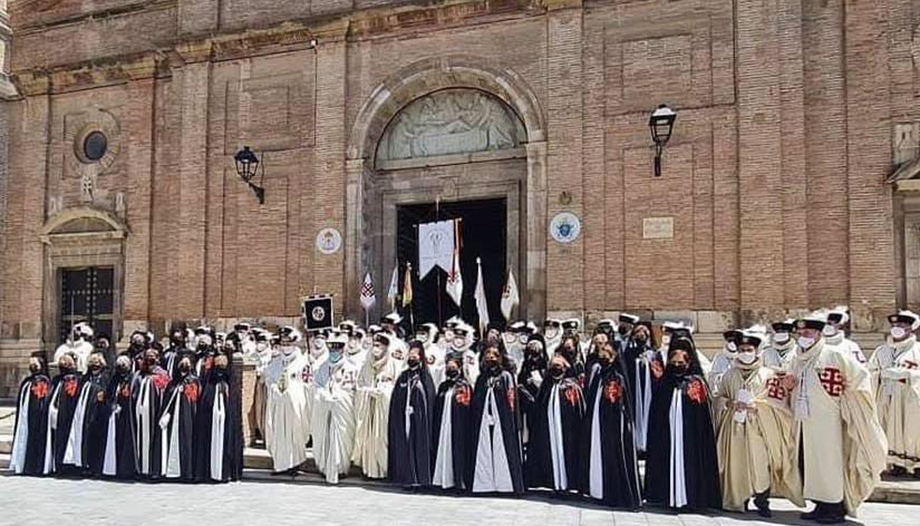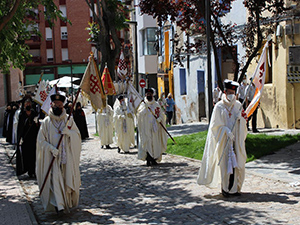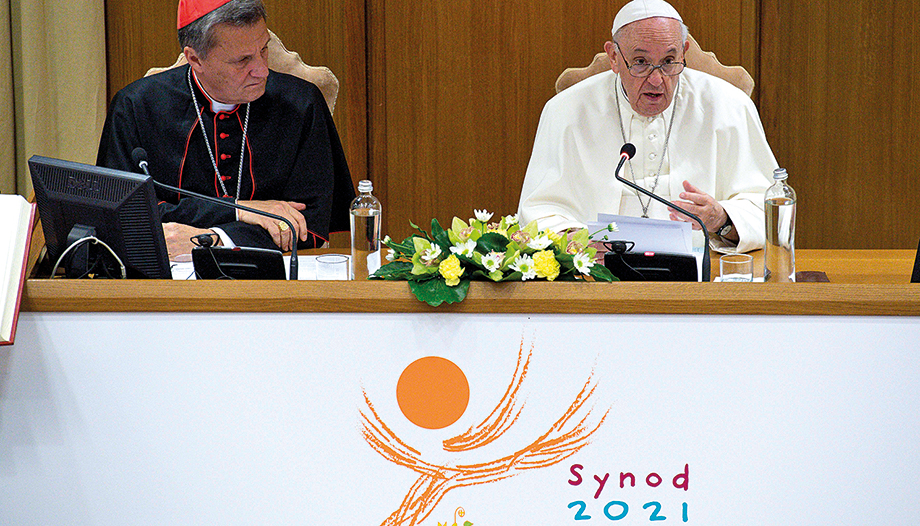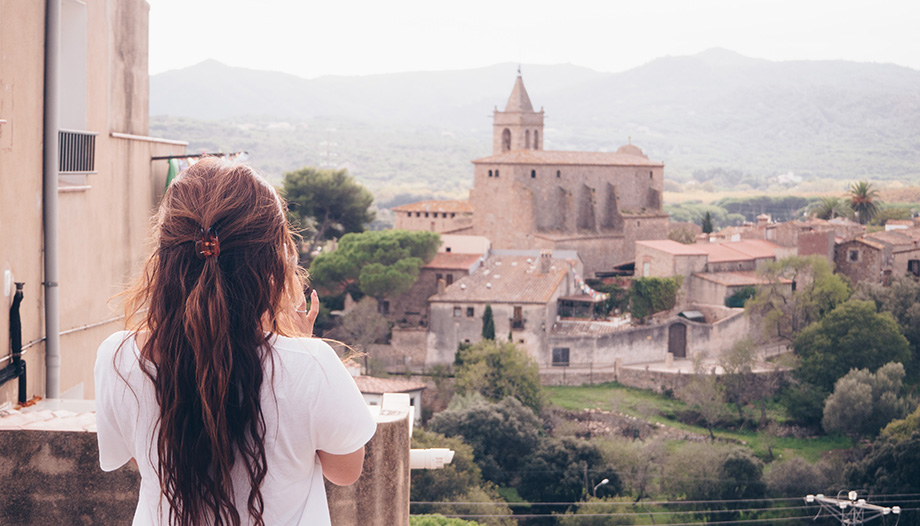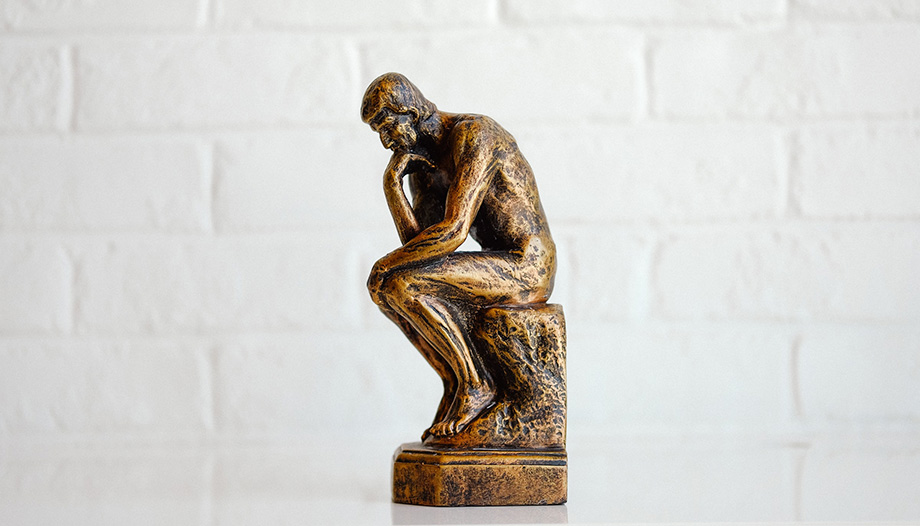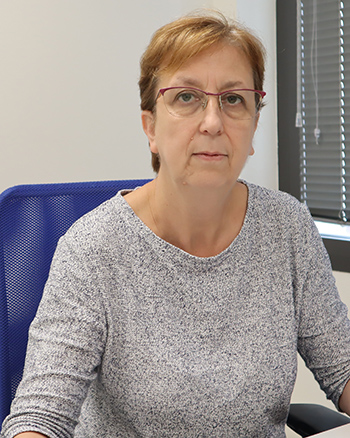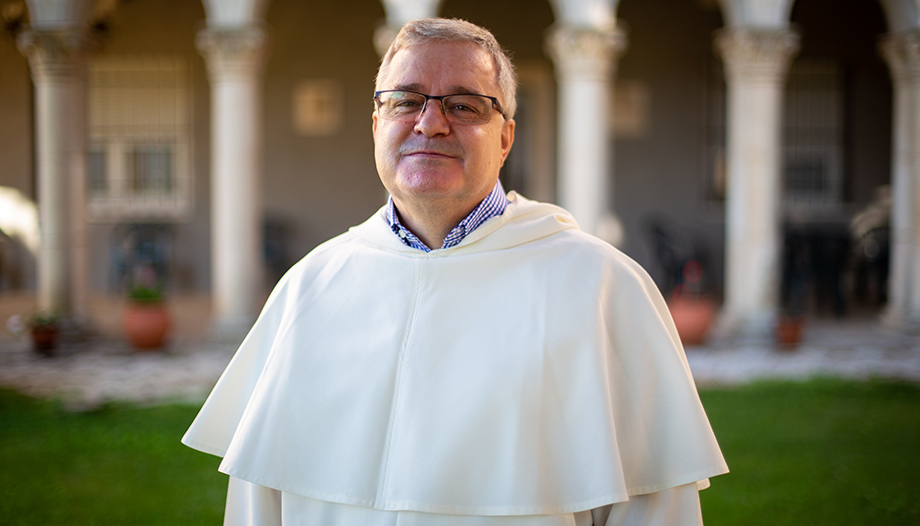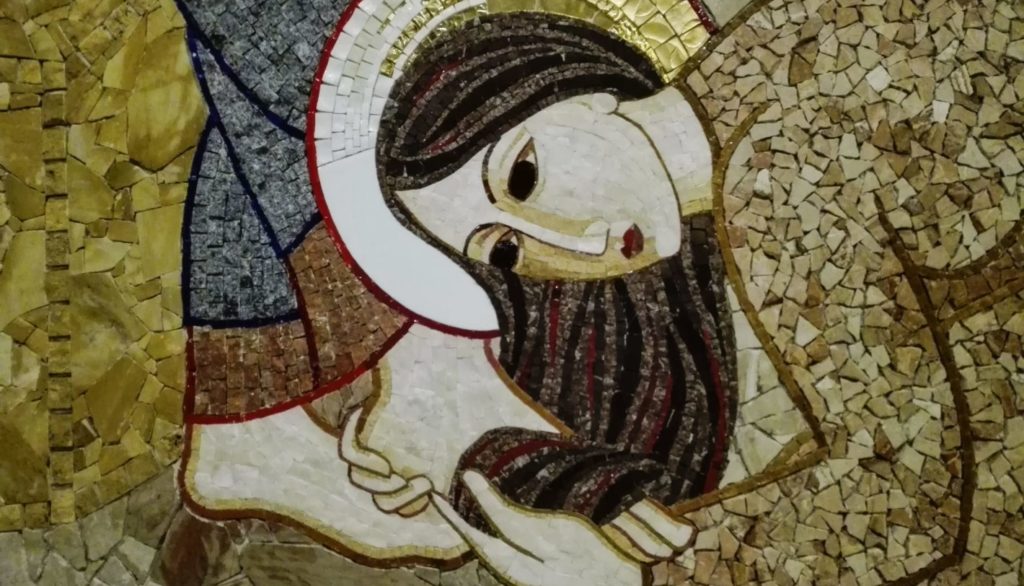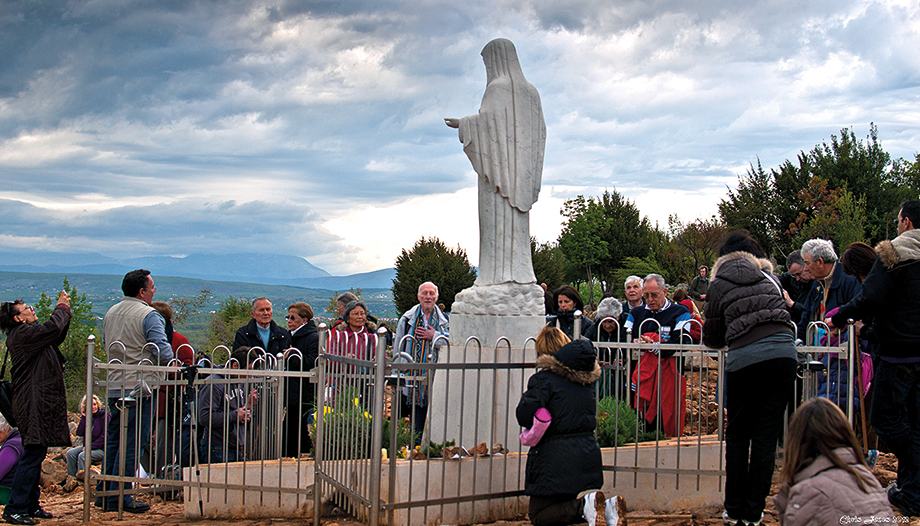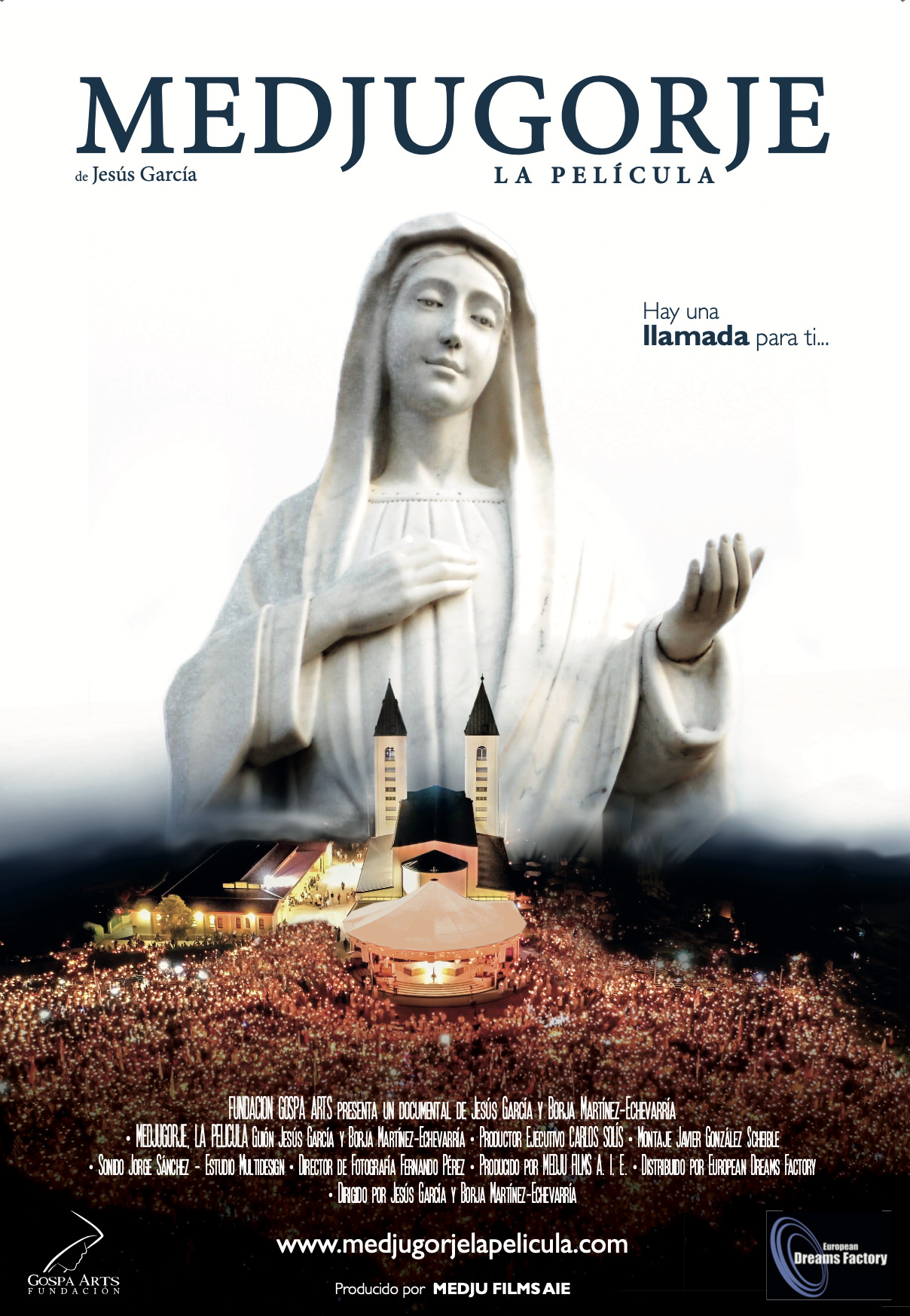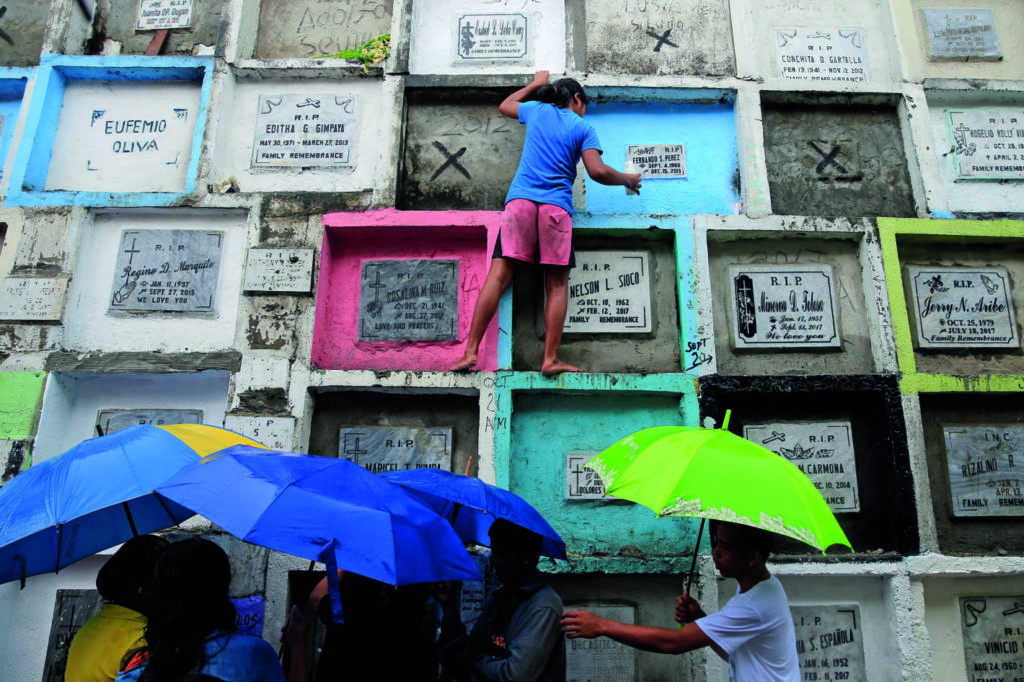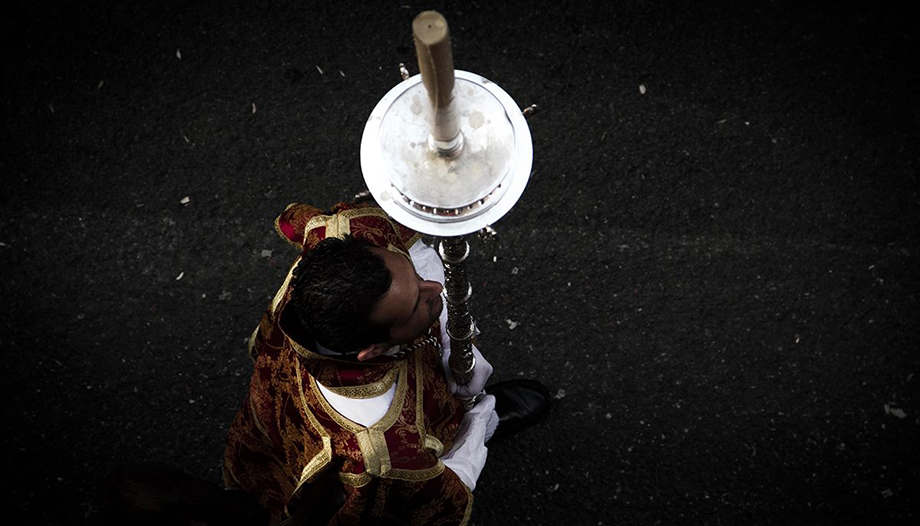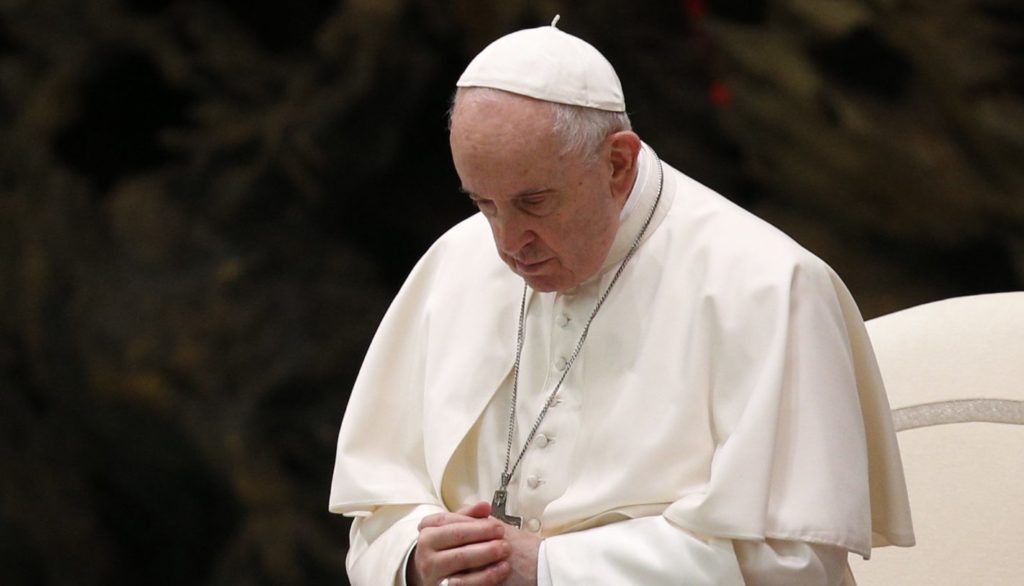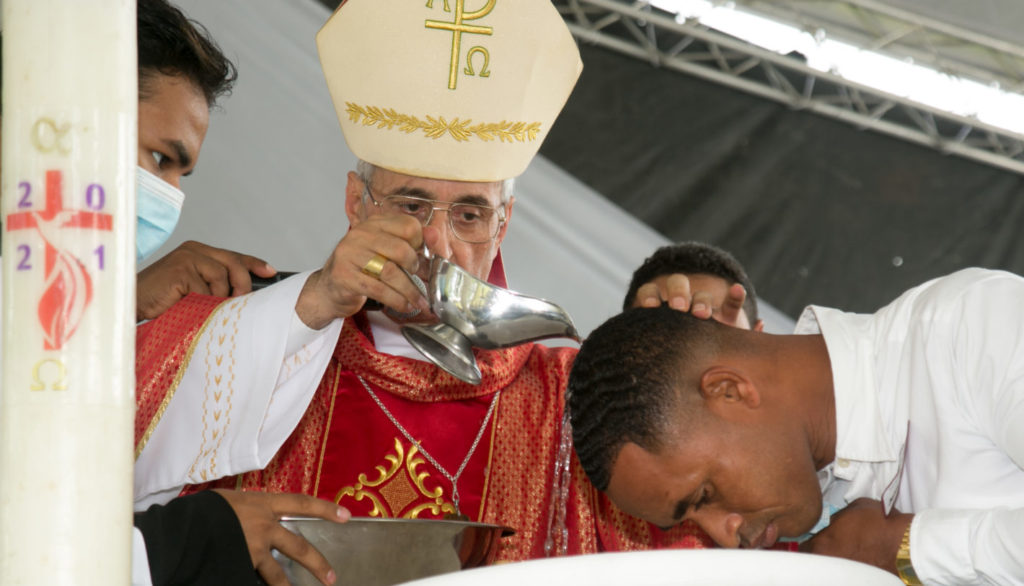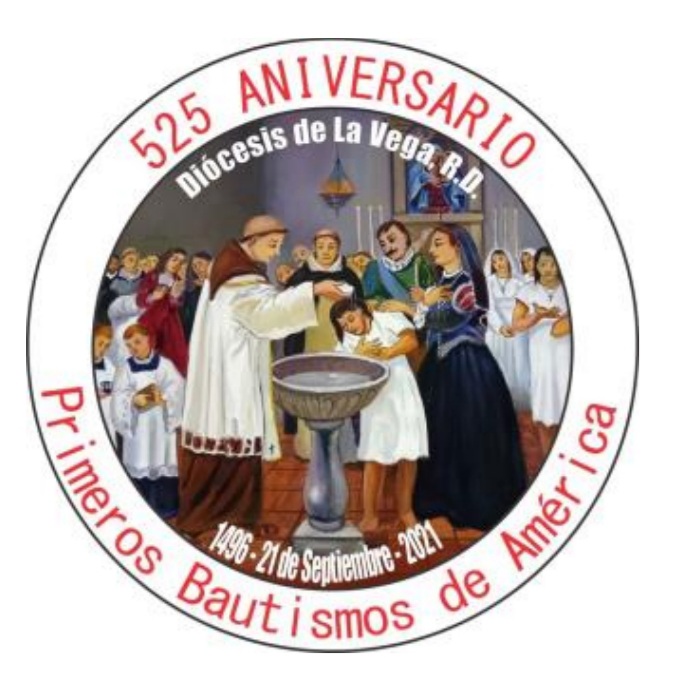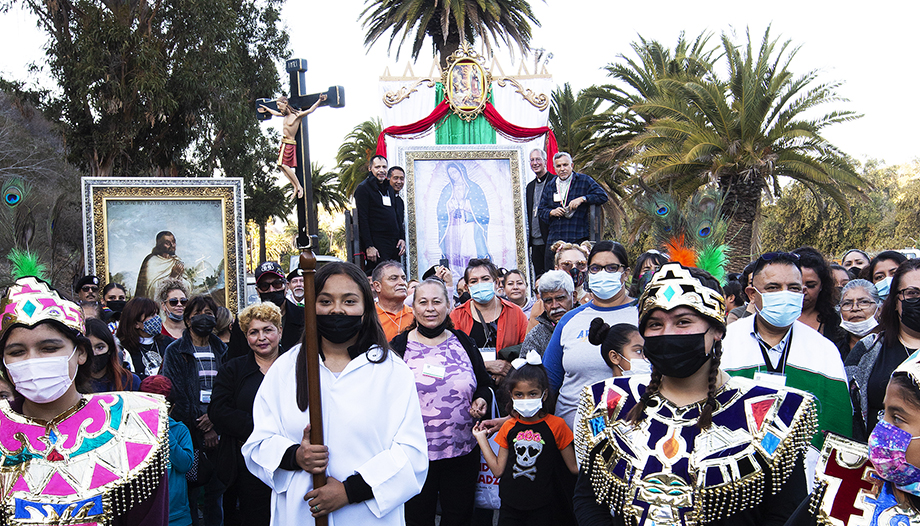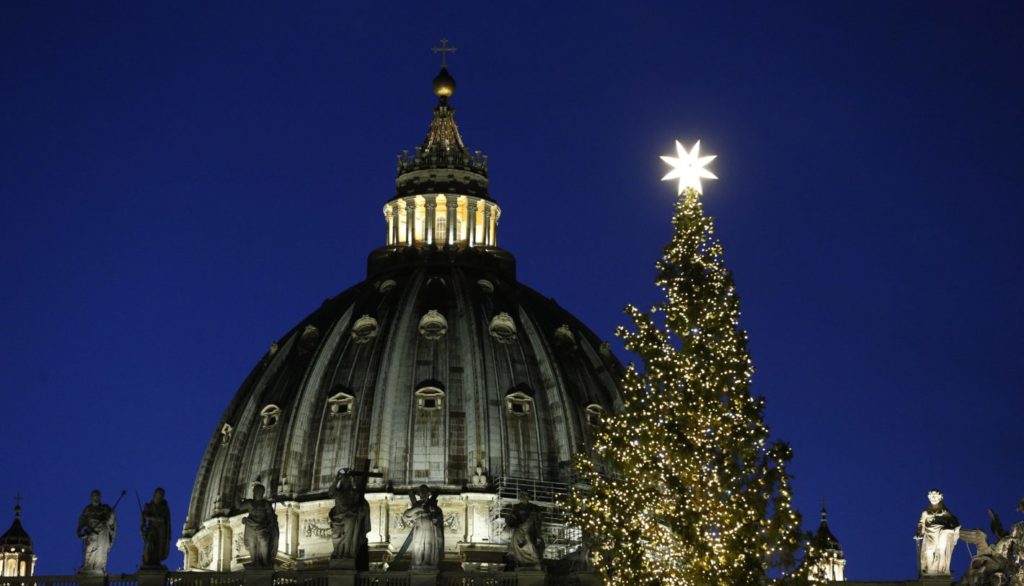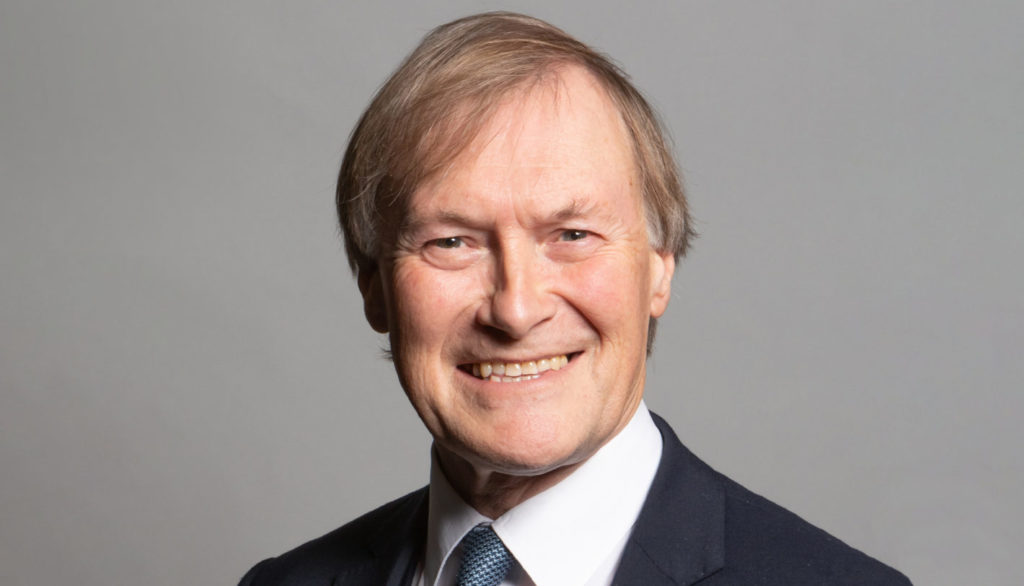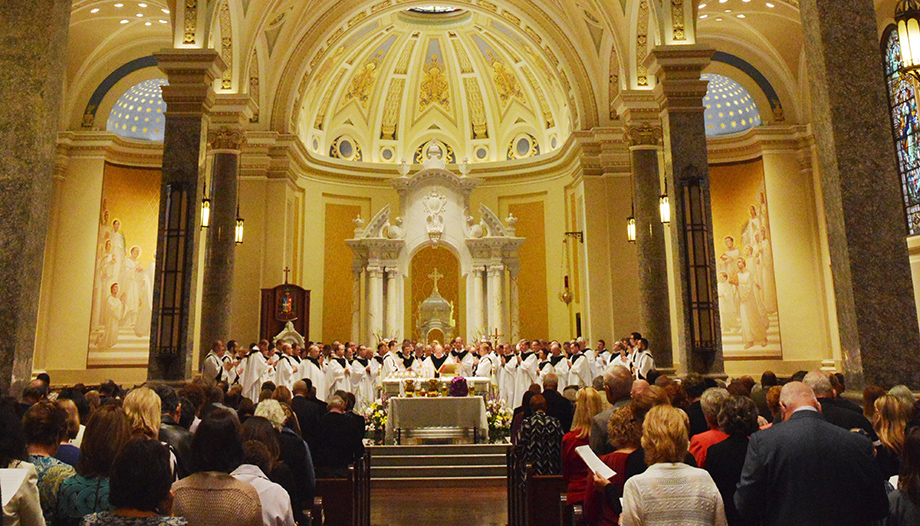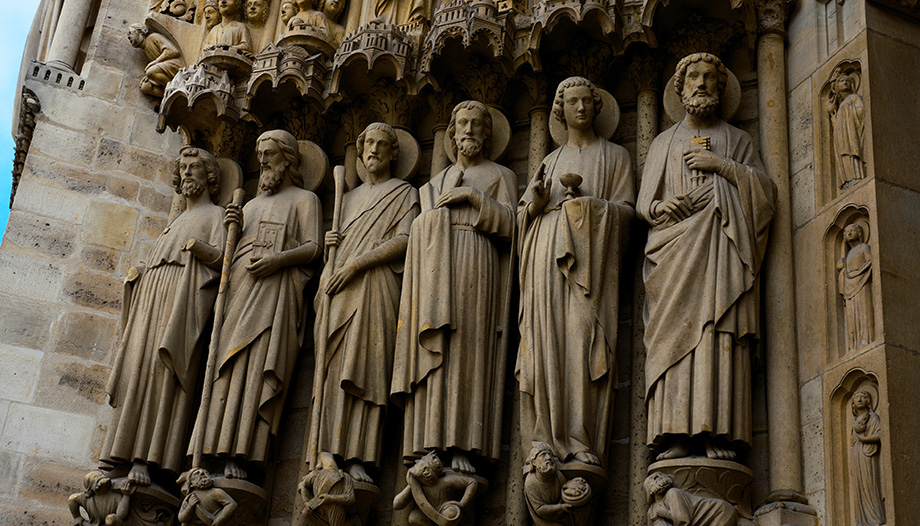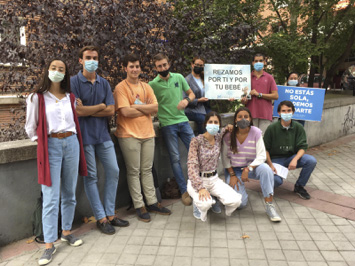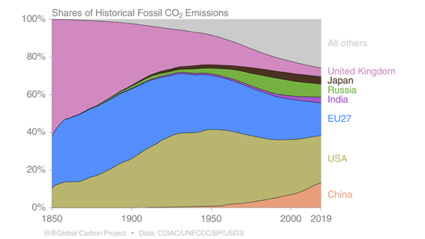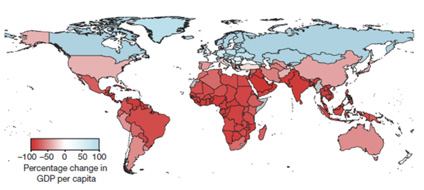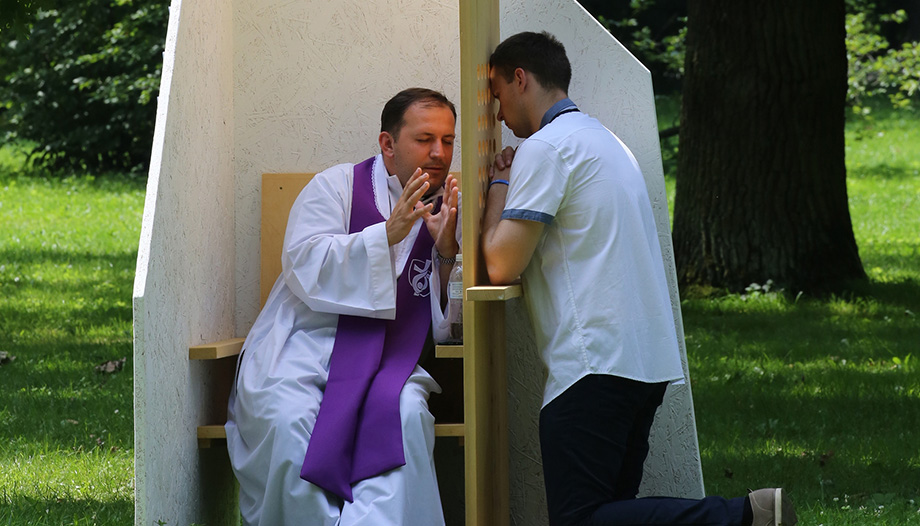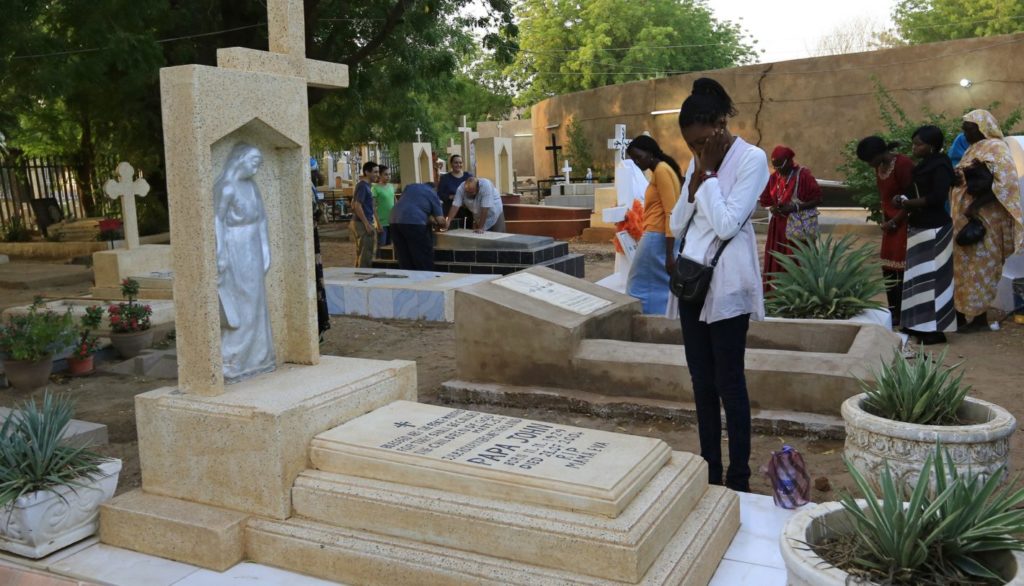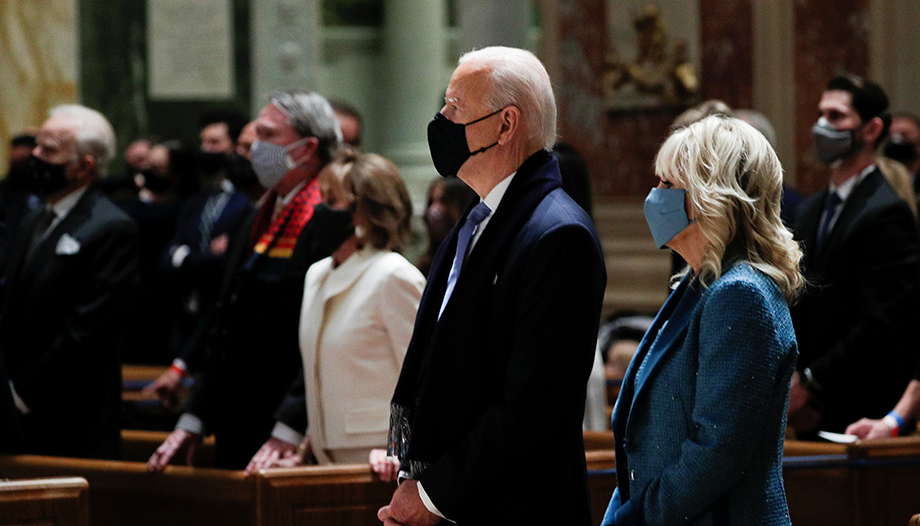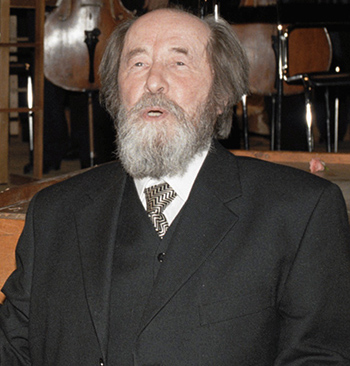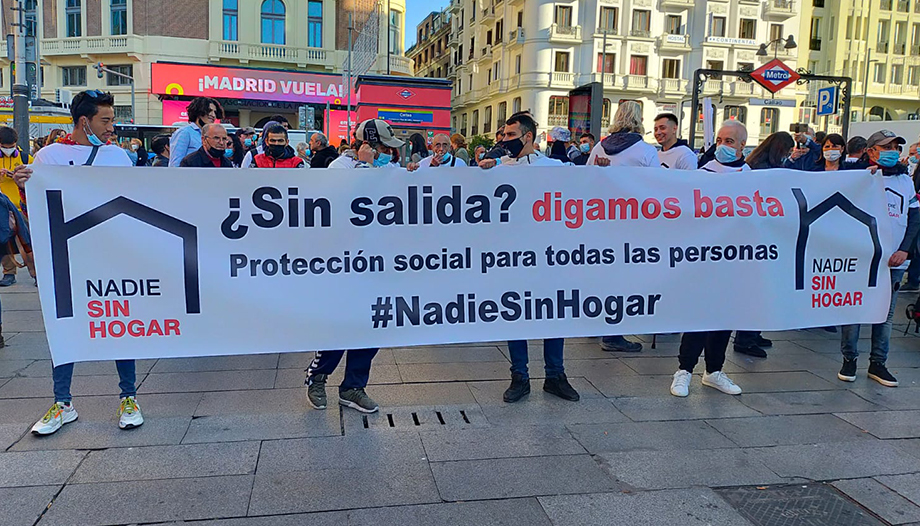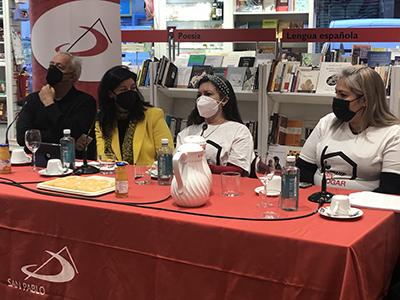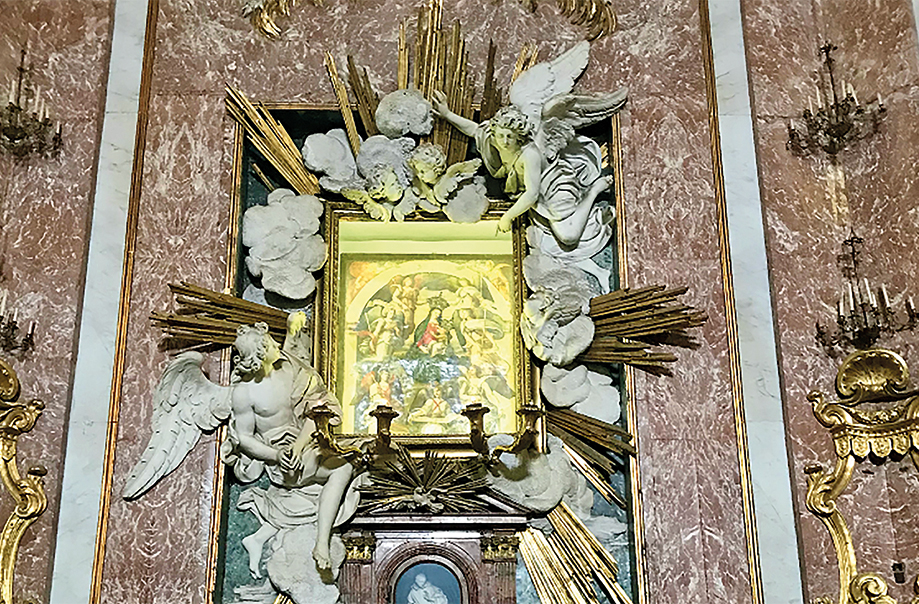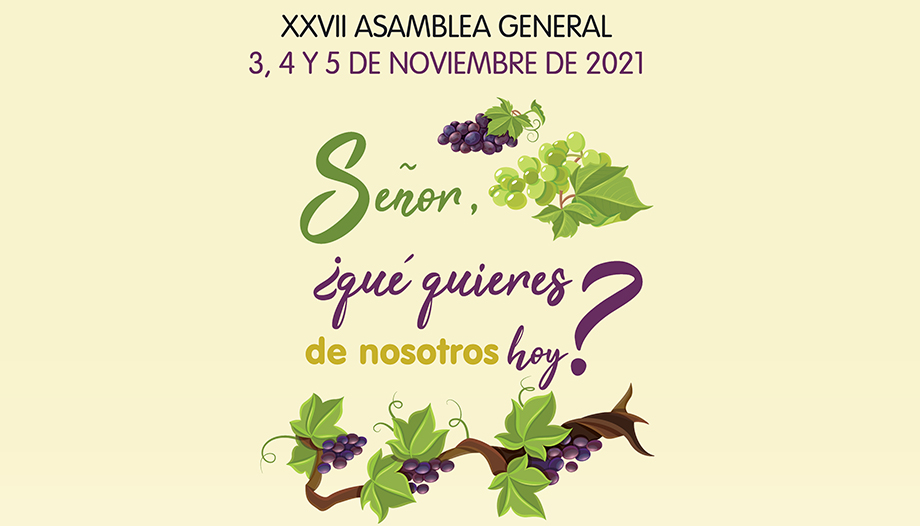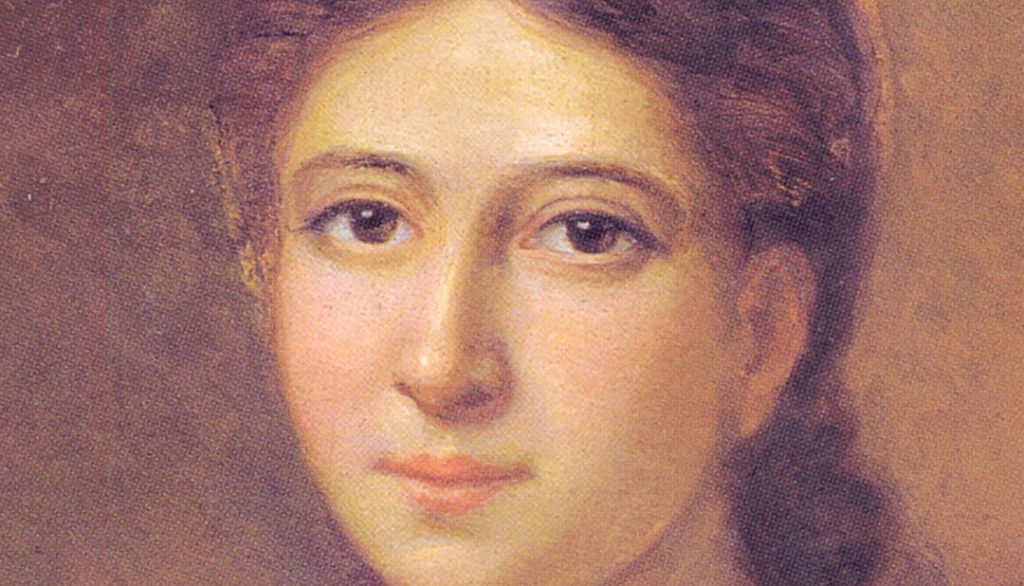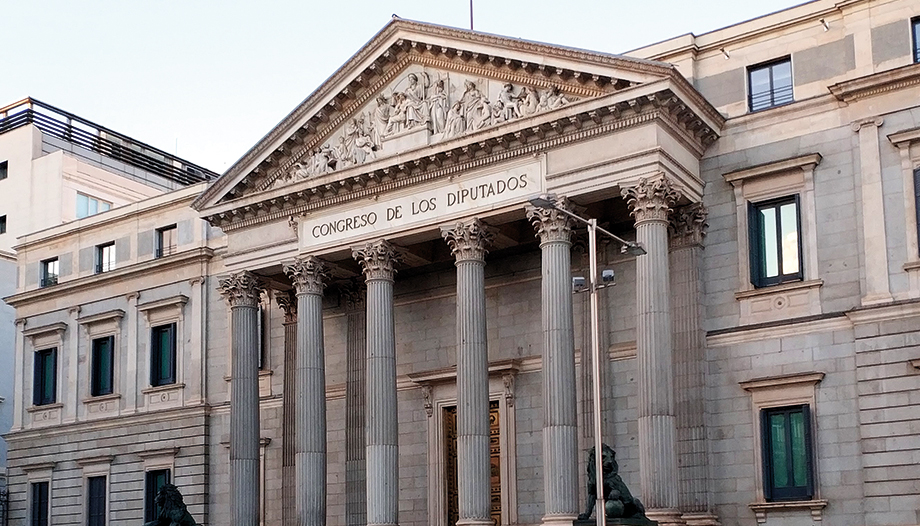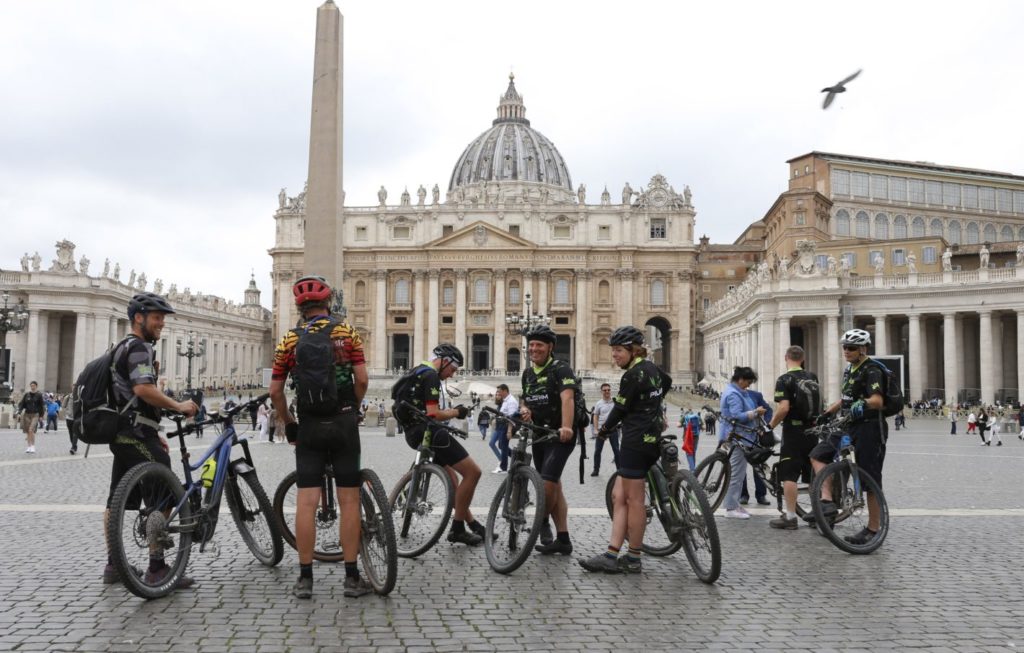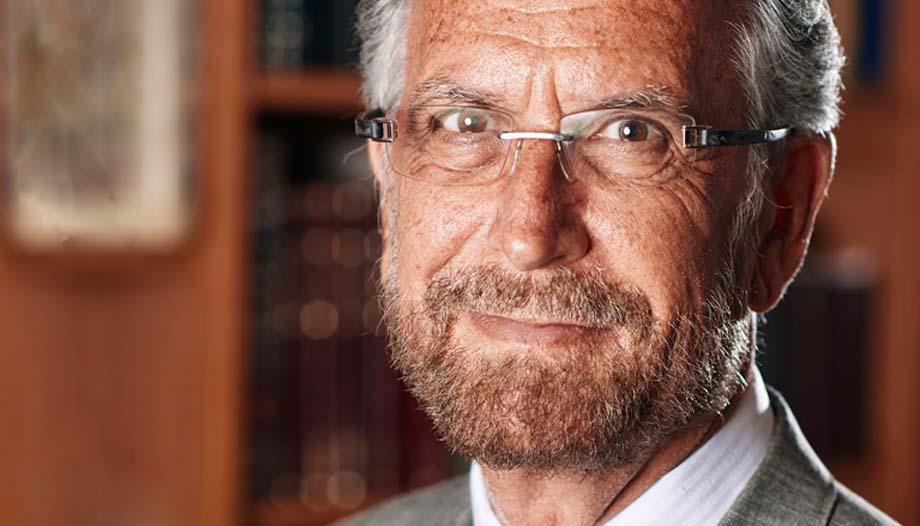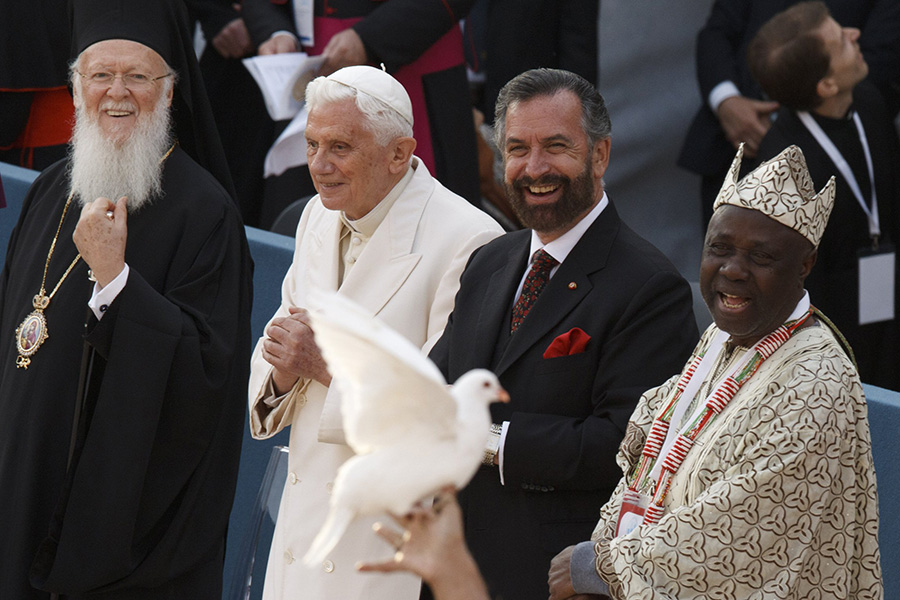On all three occasions, it has provided lights for "walking together" in this synod that begins now in its local phase, continues, beginning in March 2022, in a national-continental phase, and closes at the meeting of the bishops in Rome, in October 2023.
"Taking the synod seriously."
In his address to the faithful of the Diocese of Rome (18-IX-21), Francis recalled the theme of the present synod, or rather of the present synodal process: For a synodal Church: communion, participation and mission. He explained that this is not a survey to gather opinions, but to listen to the Holy Spirit.
He added that this is not a "chapter" added to ecclesiology, and even less a fad or a slogan, but that "synodality expresses the nature of the Church, its form, its style, its mission.". To speak of a "synodal Church" is to give a name to what the first Christians already lived according to the book of the Acts of the Apostles: "a journeying together" from Jerusalem to all places to bring the Word of God and the message of the Gospel. All knew themselves to be protagonists and responsible for serving others. All supported the authority from their lives and their discernment of what was best to do, to maintain or to avoid.
Inevitably, the Pope continued, this journey entailed contrasts, and at times some tensions. But the experience of the action of the Holy Spirit and his inspiration on the apostles helped them to understand and decide:"We and the Holy Spirit have decided not to impose on you more burdens than necessary." (Acts 15:28). This is, Francis points out, the fundamental orientation for synodality and concretely for the synodal process we are beginning. There is always the temptation to go it alone. But we have the Holy Spirit as a witness of God's love and of that "hospitable breadth," that catholicity, which means universality across time and place.
Francis then stressed the importance of the first phase, the diocesan phase of the synodal process, where the "sense of faith" of the people of God is manifested (the "sense of smell" of the sheep, which we all are), with the guidance of the shepherds and the faithful helping them to guide the flock of Christ (infallible "in believing", as the Second Vatican Council says); with the ability, therefore, to find new ways or to recover the lost path.
Indeed. Participation in the life of the Church is not only a matter of knowing and feeling part of it, interiorly and spiritually, and participating adequately in its sacraments so that each one can then, in his own place, make the world ferment with the life and light of the Gospel. This would already be very important, as a basis for the operative translation of the mystery of communion and mission that is the Church. In addition, participation in the life of the Church leads to also to be felt responsible for the ecclesiastical institutionThe mission of evangelization is a divine, human and social mission, each according to his or her condition and vocation, for the good of the evangelizing mission.
The aim is to have allThe documents to guide the synodal process (the Preparatory Document and the Vademecum) underline this. All of them, too the poorThe marginalized, those who are discarded by society, even though this may seem difficult or utopian. Welcoming the miseries of all, also those of each one, those who are our. But - the Pope points out - "If we do not include the wretched - in quotation marks - of society, the discarded, we will never be able to take charge of our miseries. And this is important: that one's miseries can emerge in dialogue, without justifications. don't be afraid!". In this way the Church can be, as the Second Vatican Council wanted, a school of fraternity (cfr. Encyclical Letter Fratelli tutti). Francis insists that all let's take the synod seriouslywithout leaving anyone out or behind.
This, in fact, has many aspects: spiritual, sacramental, disciplinary, in the unity of the action of the Holy Spirit and in the diversity of his charisms in the Church and for the world. There is also, as we said before, the institutional path of the Church in the concert of history and in the midst of society. All of us, in "organic cooperation," must do our part in this journey, each according to his or her specific vocation, gifts, ministries (ordained and non-ordained) and charisms. It is also a manifestation of the relationship between institution and charisms.
Keys and risks
Subsequently, in his inaugural address of the synodal process (October 9, 2011), Francis has specified that keys (communion, participation, mission), risks (formalism, intellectualism, immobilism) and opportunities (Synodal Church, listening, closeness).
First, three keys. The communion expresses the nature of the Church. The missionThe Church's task of proclaiming the Kingdom of God, of which it is the seed and germ. According to St. Paul VI, "two master lines enunciated by the council".. On the fifth anniversary he stated that its general lines had been: "communion, that is, cohesion and inner fullness, in grace, truth and collaboration [...], and mission, which is the apostolic commitment to the contemporary world." (Angelus, October 11, 1970).
Twenty years later, at the close of the 1985 synod, St. John Paul II reaffirmed the nature of the Church as "communion" (koinonia), from which arises the mission of being a sign of the intimate union of the human family with God. And he expressed the desirability of holding synods in the Church that would be prepared by the local Churches with the participation of all (cf. Address at the closing of the Second Extraordinary Assembly of the Synod of Bishops, December 7, 1985).
This is so, Francis now points out, because authentic participation is a living expression of being Church, as a requirement of the baptismal faith. From baptism derives "an identical dignity as children of God, even in the difference of ministries and charisms.".
What the Pope says is important. Catholic theology emphasizes the reality of the common priesthood of the faithfulThe common priesthood, which confers the common dignity (prophetic, priestly and royal) on the baptized and impels them (with the service rendered to them by the ministerial priesthood) to all the tasks that they can and must face as Christians. Moreover, the common priesthood has the potential to dynamically assume very diverse charisms at the service of the Church's mission. And today we see how some of these charisms are related to the "ministries" (ordained or not) or functions that the faithful can assume.
Francis went on to say that the synod must keep in mind that three risks. The formalismThis would reduce it to a beautiful façade, instead of an itinerary of effective spiritual discernment. To this end "we need the substance, the instruments and the structures that favor dialogue and interaction among the People of God, especially between priests and laity."avoiding clericalism.
The intellectualismin second place: "that is to say, abstraction; reality goes one way and we with our reflections go the other.". This would run the risk of turning the synod into a study group that would not address the real problems of the Church and the evils of the world.
And there is also the temptation of immobility. The temptation not to change by invoking the principle of "it has always been done this way" (cfr. Evangelii gaudium33), without taking into account the action of the Holy Spirit, the time in which we live, the needs and the experience of the Church also in the present. If they had clung to that principle, Peter and Paul would not have been able to discern the extension of the gospel to the Gentiles.
Opportunities
The Synod is therefore an occasion for meeting, listening and reflection. It is a time of grace that can allow us to grasp at least three opportunities. The opportunity, first, to "to move not occasionally but structurally towards a synodal Church".i.e. "an open place where everyone feels at home and can participate.". Indeed, and that is out of fidelity to the gospel: a fidelity that is dynamics as always when it comes to people: knowing how to change their ways of expressing themselves or doing things when circumstances change or new needs arise.
Another opportunity is to be Listening Church, from adoration and prayer. And then "to listen to the brothers and sisters about the hopes and crises of faith in different parts of the world, the urgent need for renewal of pastoral life and the signs coming from local realities". This is also because the Gospel relies on the diversity of cultures (inculturation) to spread and enrich its expressions.
Finally, the synod is the opportunity to be a Nearby churchof compassion and tenderness. A Church that fosters presence and friendship. "A Church that does not separate itself from life, but takes on the frailties and poverties of our time, healing wounds and healing broken hearts with the balm of God." Let us not forget, Francis asks, the style of God that should help us: closeness, compassion and tenderness.
Finding, listening, discerning
Finally, in his homily during the opening of the Synod of Bishops (10-X-2021), the Pope summed up the purpose of the synodal process with three verbs: find, listen, discern.
Taking his cue from the Gospel of the day (cf. Mk. 10:17ff.), Francis recalls how Jesus walks in history and shares the vicissitudes of humanity. He meets the rich man, listens to his questions and helps him to discern what he must do to inherit eternal life.
First, the meeting. We too should take time to spend time with the Lord in prayer and worship, and then "to meet face to face, to allow ourselves to be reached by the questions of our sisters and brothers, to help each other so that the diversity of charisms, vocations and ministries enriches us.". "No formalities, no falsehoods, no make-up.".
Second, listening. Jesus listens unhurriedly to the man's religious and existential restlessness. He does not offer him a prefabricated solution to get rid of him and continue on his way. "And most importantly, Jesus is not afraid to listen to him with the heart and not just with the ears.". He does not simply answer your question, but will tell you his story and speak freely. "When we listen with the heart this happens: the other feels welcomed, not judged, free to tell his life experience and spiritual journey."
And here the Pope challenges us to see if this is our capacity to listen, to discover with wonder the breath of the Holy Spirit, who suggests new paths and languages.. "It is a slow, perhaps tiring exercise, to learn to listen to each other - bishops, priests, religious and laity, everyone, all the baptized - avoiding artificial and superficial responses.". "The Spirit asks us to listen to the questions, concerns and hopes of every Church, every people and every nation. And also to listen to the world, to the challenges and changes that it puts before us". And for all this the Pope asks us:"Let us not soundproof our hearts, let us not shield ourselves within our certainties. Certainties so often close us off. Let us listen to each other".
Finally, thediscernment. In his dialogue with the rich young man, Jesus helps him to discern: "He proposes to him that he look at his inner self, in the light of the love with which He Himself, looking at him, loves him (cf. v. 21), and that with that light he discern to what his heart is truly attached. So that he may then discover that his good is not to add other religious acts but, on the contrary, to empty himself of himself, to sell what occupies his heart in order to make room for God.".
This, Francis observes, is a valuable indication for us as well. "The synod is a path of spiritual discernment, of ecclesial discernment, which takes place in adoration, in prayer, in contact with the Word of God.". It is not an ecclesial "convention", nor a study conference, nor a political congress. It is not a parliament, but an event of grace, a healing process guided by the Spirit.
Jesus calls us now to empty ourselves and free ourselves from what is worldly, also from our closures and habituations. To question ourselves about what God wants to say to us at this time and in what direction he wants to guide us. So that we may be open to the surprises of the Holy Spirit. And for this the Pope calls us to learn to exercise synodality. making it in fact. This requires, in addition to prayer, a commitment to improve the formation of all, little by little, taking into account the current circumstances.
The purpose of a synod is not simply the visibility of participation or the production of documents. As the Preparatory Document states, poetically and quoting Francis, it is "to make dreams germinate, to raise prophecies and visions, to make hopes bloom, to stimulate trust, to bind wounds, to weave relationships, to resurrect a dawn of hope, to learn from each other, and to create a positive imaginary that enlightens minds, inflames hearts, gives strength to hands." (Address at the beginning of the synod dedicated to young people, Oct 3, 2018).





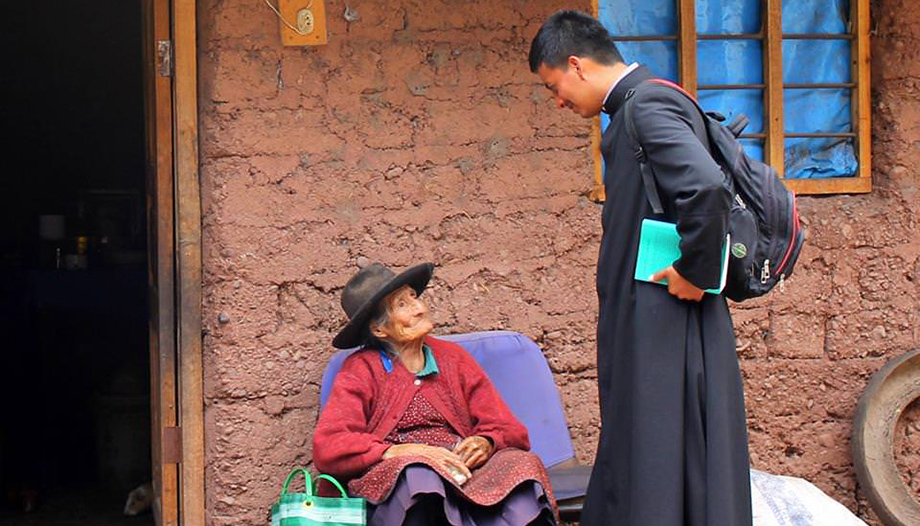







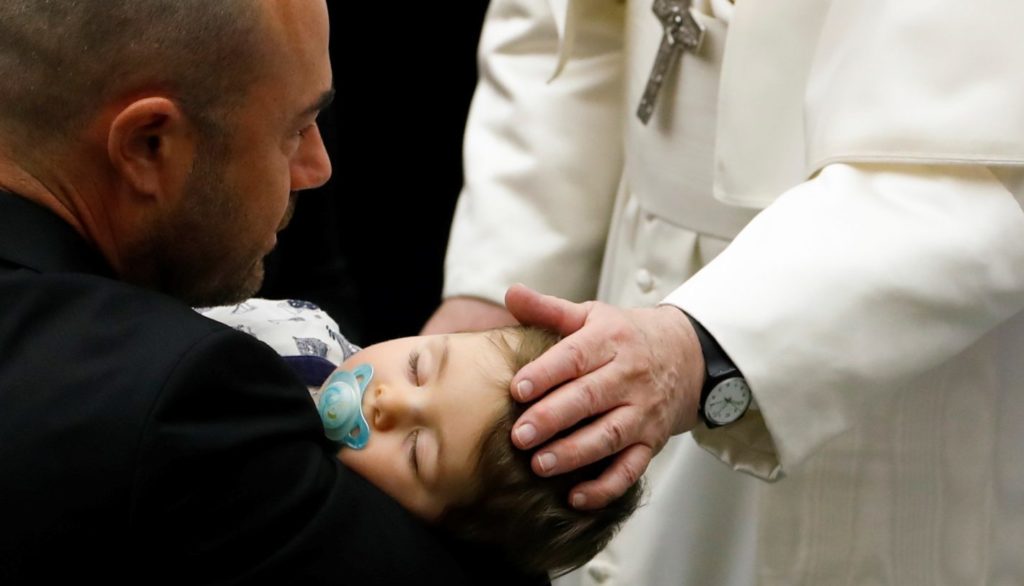
 November: month to pray for the deceased and gain indulgences
November: month to pray for the deceased and gain indulgences